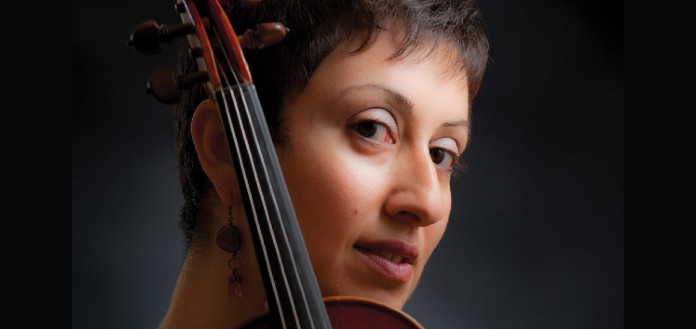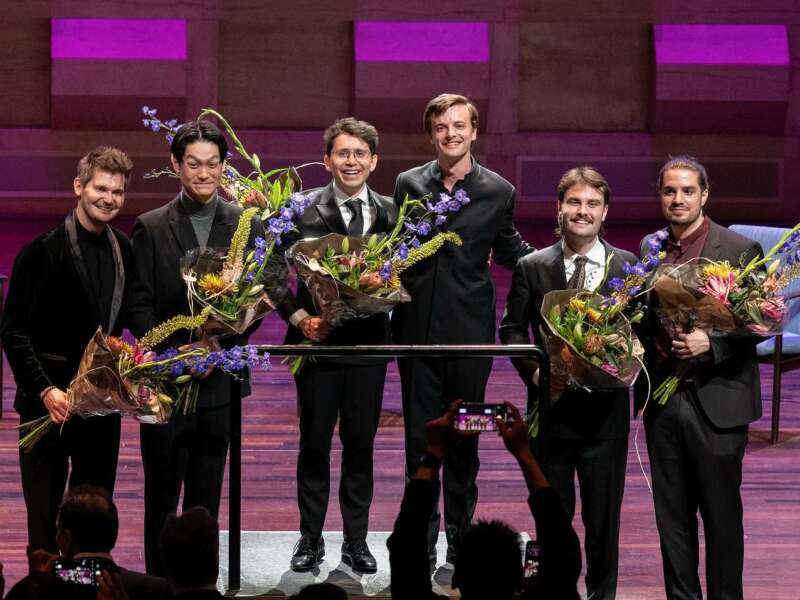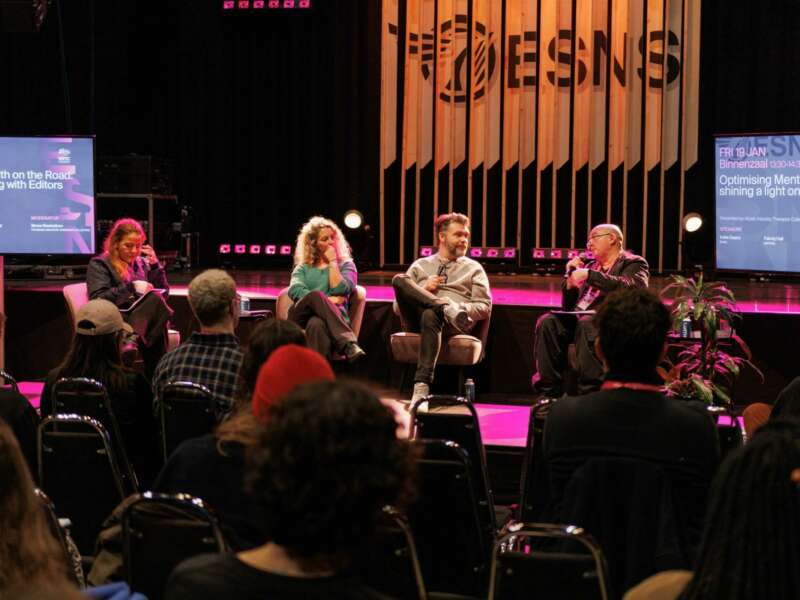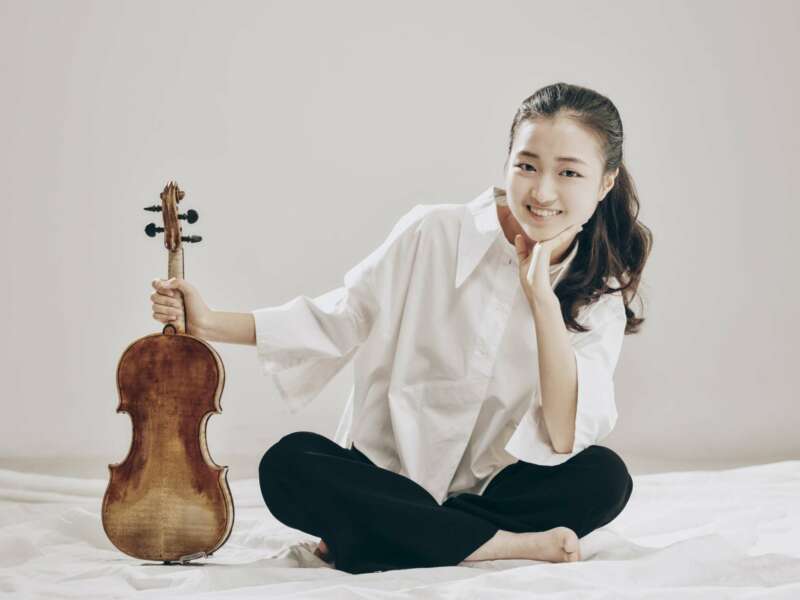VC INTERVIEW | Afa Dworkin - Sphinx Organization's President & Artistic Director
The Violin Channel sat down with Dworkin to ask about diversity in the classical music industry
Can you tell us about the Sphinx Organization?
The Sphinx Organization is the social justice organization dedicated to transforming lives through the power of diversity in the arts. Sphinx’s four program areas – Education & Access, Artist Development, Performing Artists, and Arts Leadership – form a pipeline that develops and supports diversity and inclusion in classical music at every level: music education, artists performing on stage, the repertoire and programing being performed, the communities represented in audiences, and the artistic and administrative leadership within the field.
When was it founded and what is its core mission?
Sphinx was founded in 1997 by Aaron P. Dworkin with the goal of addressing the underrepresentation of people of color in classical music. Now led by President and Artistic Director Afa S. Dworkin, Sphinx programs reach more than 100,000 students and artists as well as live and broadcast audiences of more than two million annually. Read more about Sphinx’s programs at www.SphinxMusic.org.
It feels that our industry is now finally recognizing the need for greater diversity. What changes are you personally hoping to see in the coming years and what can we all do to help?
We aspire to see our field represent and be reflective of the communities in which we reside. We want to encourage artists, leaders, teachers to lead from every seat, by adopting an intentionally inclusive approach to programming, teaching, recruitment, engagement, and artistic presentation. We encourage everyone to adopt Sphinx's Call to Action, which made be found at this link: www.sphinxmusic.org/sphinx-call-to-action/
How did you adapt to the current COVID19 situation?
For nearly a quarter of a century, Sphinx has been working to bring about positive change through the power of diversity in the arts. As a social justice organization, we felt it was important to pivot immediately to empower the most important voices of artists who have been so deeply affected by the pandemic.
What is your dream for the future of classical music?
We envision a day when classical music in all of its facets may reflect the rich diverse tapestry that is inherent in our communities. We hope for a time when it may play an integral and substantial role in the lives of young people everywhere, without regard to race, culture or circumstance.
june 2025
july 2025




































